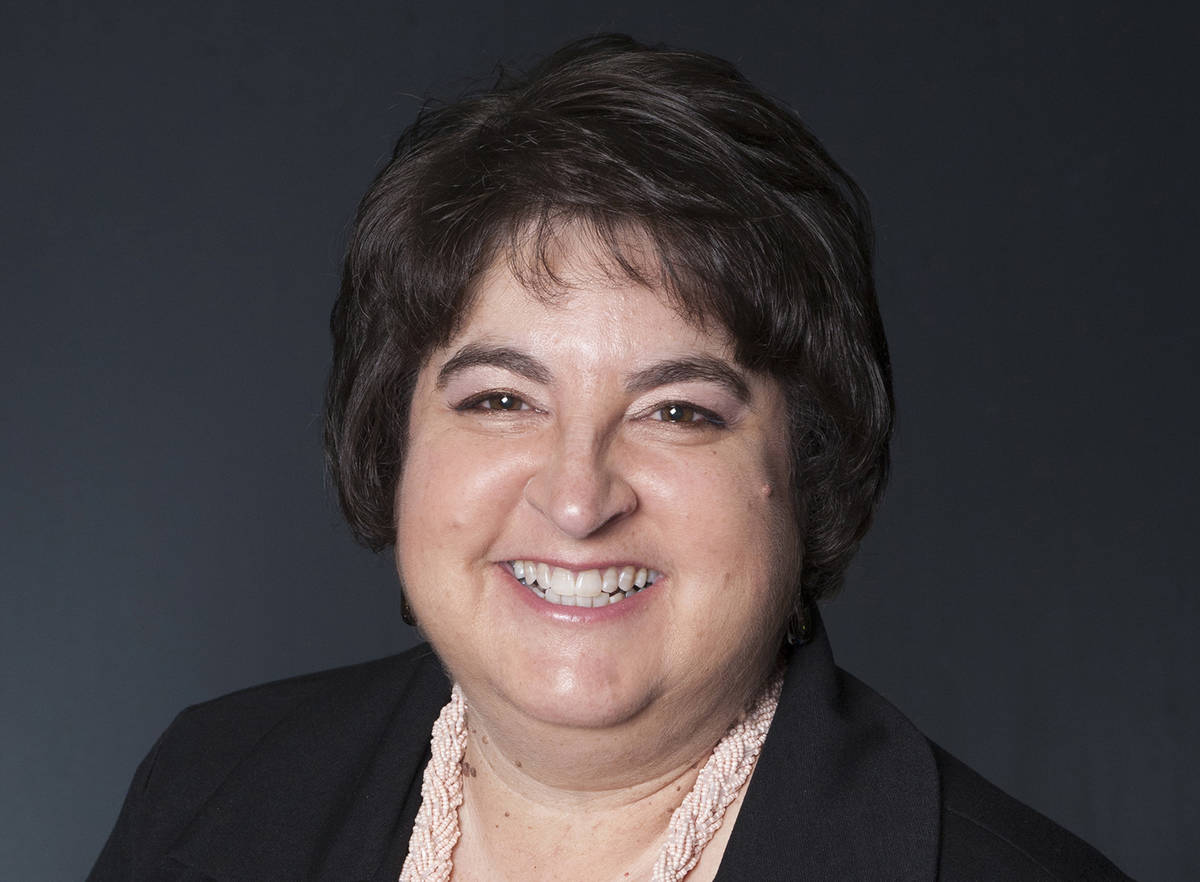Unimaginable becomes frustrating reality
It’s unimaginable.
Not being able to offer a reassuring pat on the shoulder, back or hand. Unimaginable. Not being able to hug your father or mother. Unimaginable. Not being able to kiss your spouse. Unimaginable.
To do this for eight months. Also unimaginable.
That’s the only way to describe the situation for family members who have relatives living at the Southern Nevada State Veterans’ Home as they deal with limited access to their loved ones.
Since March, when the state and nation began issuing restrictions and guidelines for dealing with COVID-19, visits with those living at the veterans’ home have been limited both in time and ability for physical contact.
As many of us are limiting our contact with family members and friends to help prevent the spread of the coronavirus it’s not a surprise this is happening. But the lack of interaction seems more intense, and especially frustrating, when others are regulating how and when you visit.
I heard the pain that comes with that situation clearly when chatting earlier this week with Chris Frausto, whose husband, Jose, is living at the veterans’ home.
“I have not been able to touch him since February,” she said.
Her husband, a former in-flight mechanic for the Air Force who has multiple sclerosis and dementia, was one of the residents who tested positive for COVID-19 in March and put in isolation until he recovered.
Although staff kept her informed about her husband’s health, she said her frustration grew because she wasn’t allowed to see him. After 44 years of marriage, she said she knows how he is feeling just by seeing him.
Once the state allowed visits at nursing homes, Frausto said she had to make an appointment two weeks in advance, for a 10-minute visit between 9-11 a.m. And that visit had to be supervised by a staff member to ensure that safety protocols are being followed.
While the circumstances surrounding the limited access are partly due to her move to Southern California, it doesn’t make it any less difficult for her to deal with. Nor does she fault officials at the veterans’ home. She said they have been “very good to us” and everyone on staff is very kind.
It’s a situation where no one is to blame. Home officials are doing the best they can — and all for very good reasons — but it doesn’t lessen the frustration on anyone’s part.
Eli Quinones, administrator of the veterans’ home, is sympathetic. He knows how trying the restrictions are for relatives of the home’s 150 residents.
“It’s so difficult for them, painful to a certain extent. I cannot imagine what it would be like if I were put in that situation with my mother.”
Quinones said that as a state facility they must follow guidelines established by the Centers for Disease Control and Prevention and Centers for Medicare &Medicaid Services.
“Physical contact is not allowed by the directive,” he said. “We understand how emotional that is. … We are just trying to protect the residents and trying to avoid a situation like in Seattle where the whole facility was infected.”
He said they have obtained a plexiglass booth for outdoor visitations. Residents and visitors alike must wear face masks and time is limited to reduce residents’ possible exposure to the virus and maximize the number of families that can participate. He added that staff remains nearby just as a “protective measure,” but they are far enough away so the family gets some privacy.
They also are doing what they can to arrange online and drive-thru visitations so no one feels estranged from their family.
Additionally, Quinones said staff members communicate weekly with family members by email, letter or telephone to let them know what is happening at the veterans’ home and update them with any changes to the visitation policy.
He said the feedback they have received from residents and relatives is “extremely positive.”
Like the rest of the world, they are working hard to adapt to the challenges presented by COVID-19. Despite our best efforts, little can be done to eliminate the frustration or unimaginable situations it creates. All we can do is extend a sympathetic ear, lend a helping hand when possible and increase our acts of kindness, especially as the holiday season approaches and we will be missing our families the most.
Hali Bernstein Saylor is editor of the Boulder City Review. She can be reached at hsaylor@bouldercityreview.com or at 702-586-9523. Follow @HalisComment on Twitter.





